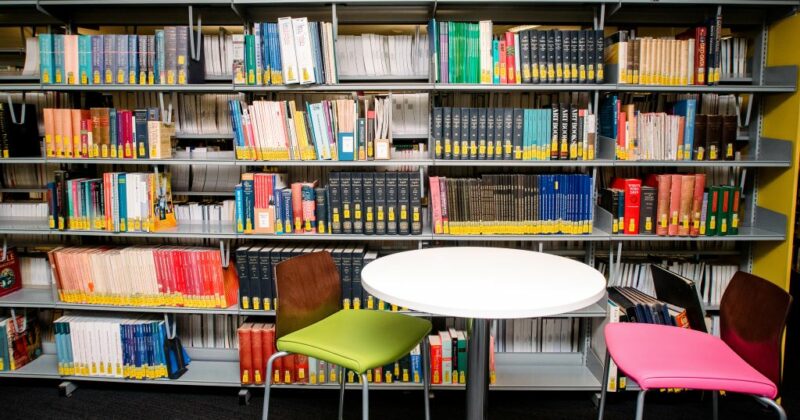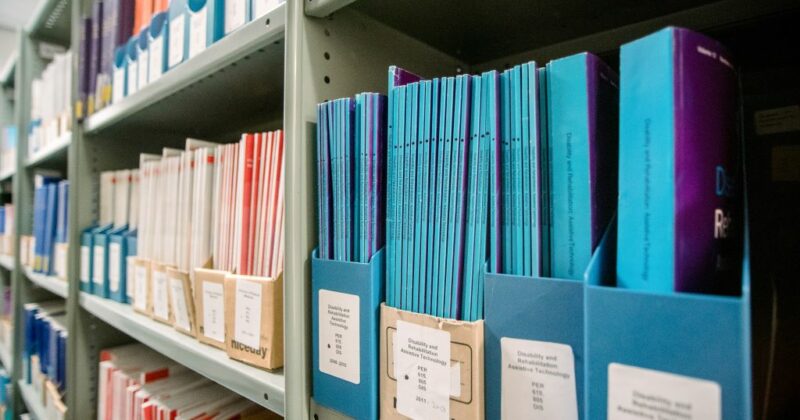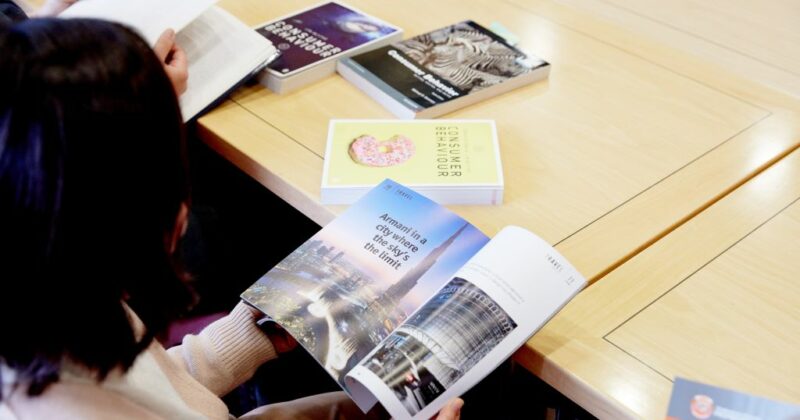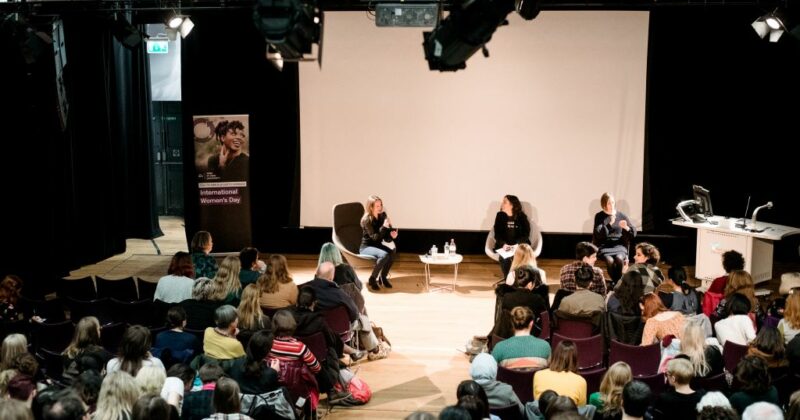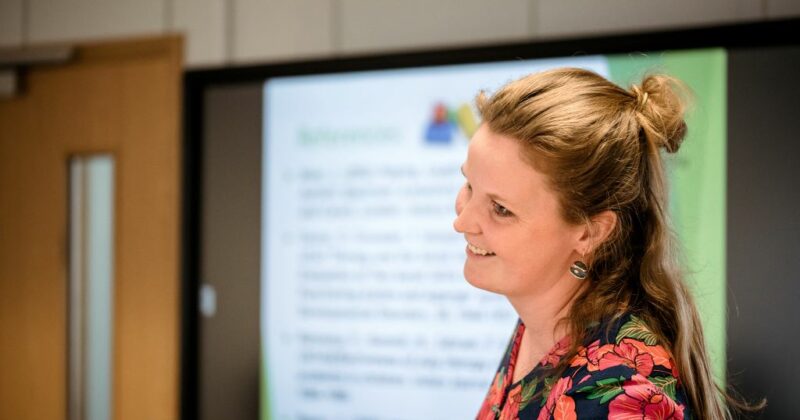
Introduction to Mplus
Session facilitator: Dr Robert Vaughan, Senior Lecturer in Psychology
A beginners introduction into the popular structural equation modelling software MPlus. This session will introduce beginners to the basic commands and procedures needed to analyses quantitative data using a range of flexible yet powerful analytical techniques. No experience is needed and example results will be provided so that students can refer back to this session with their own data.
Learning Outcomes:
How to upload, save, and open data on MPlus.
Basic introduction to the Mplus language.
How to interpret basic Mplus outout.
Book now...



